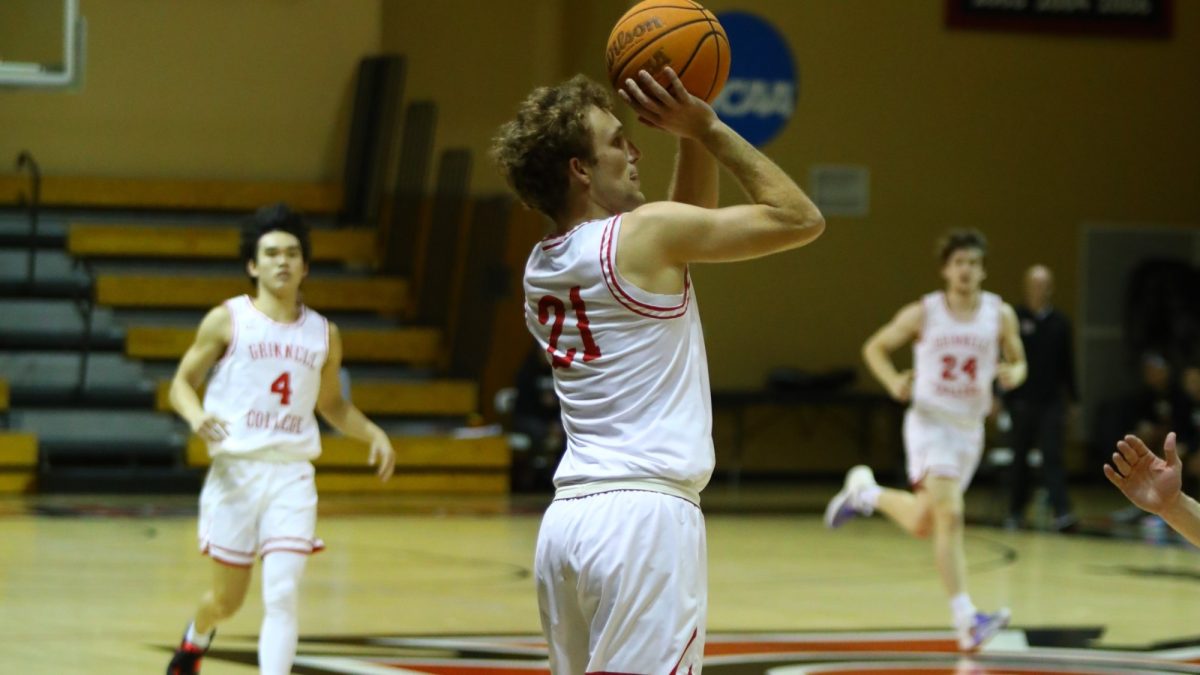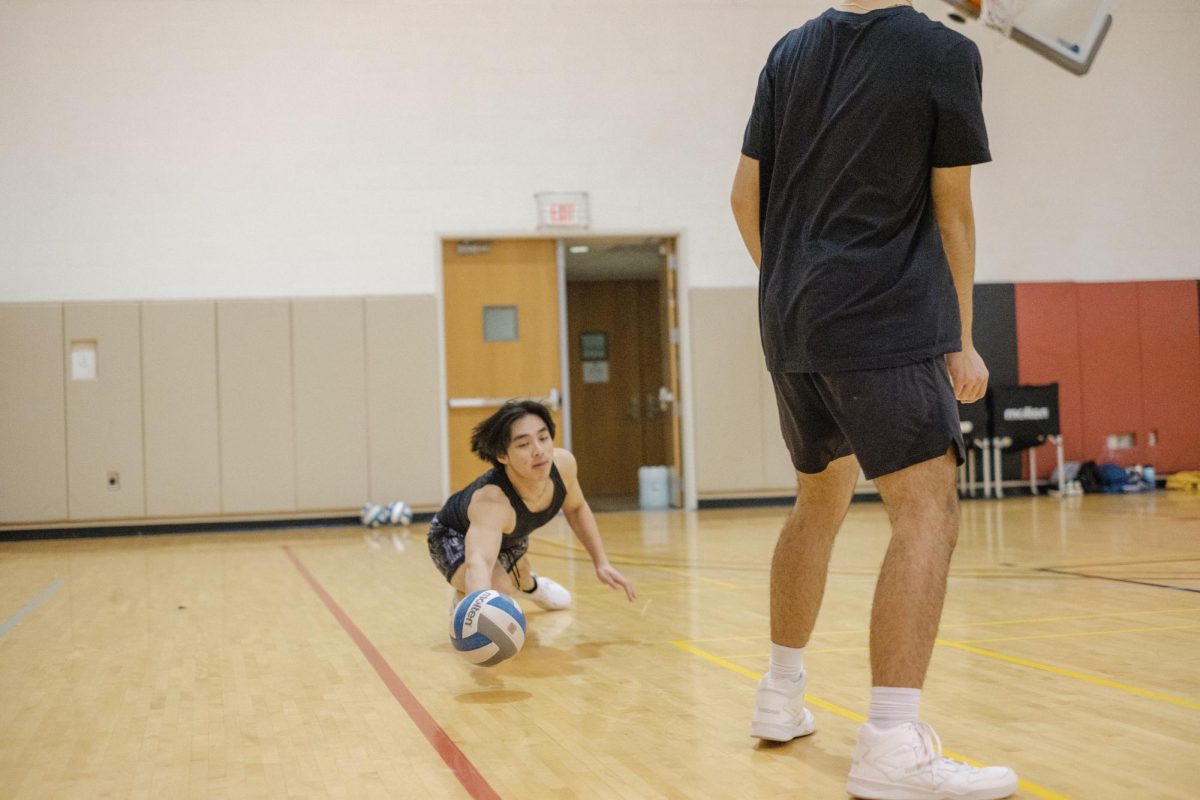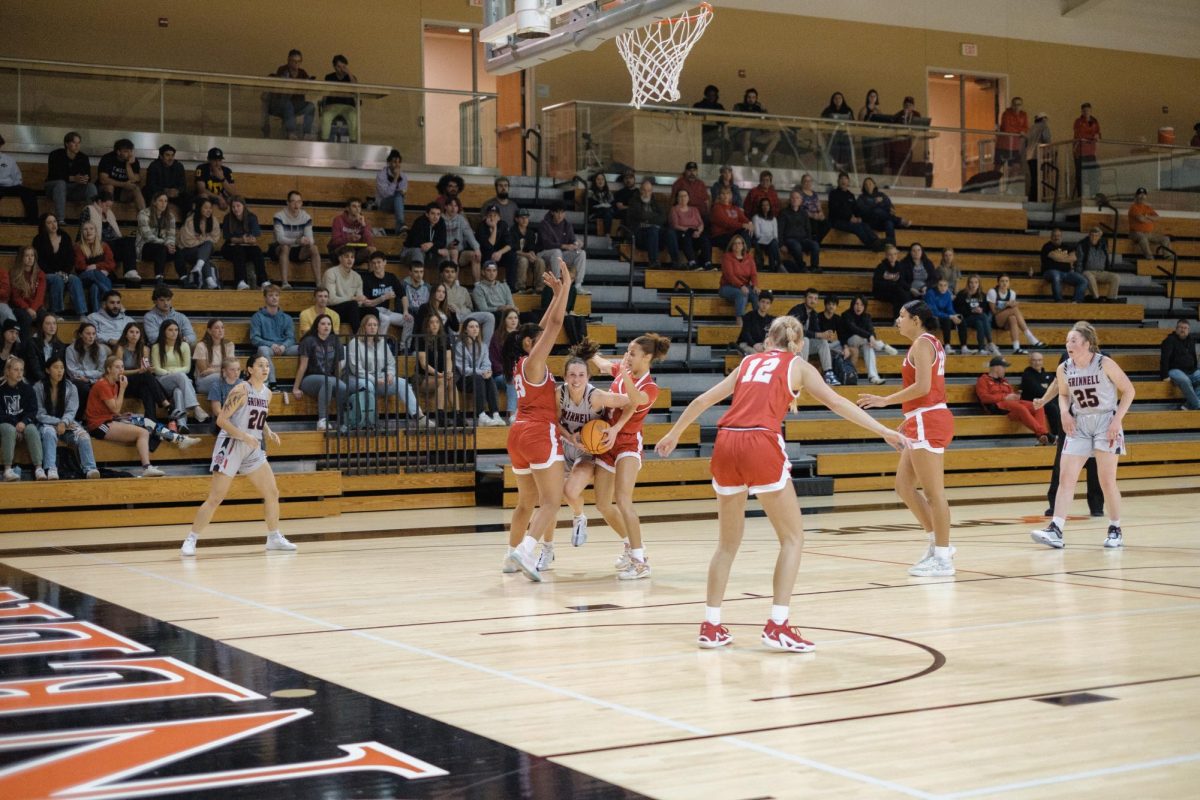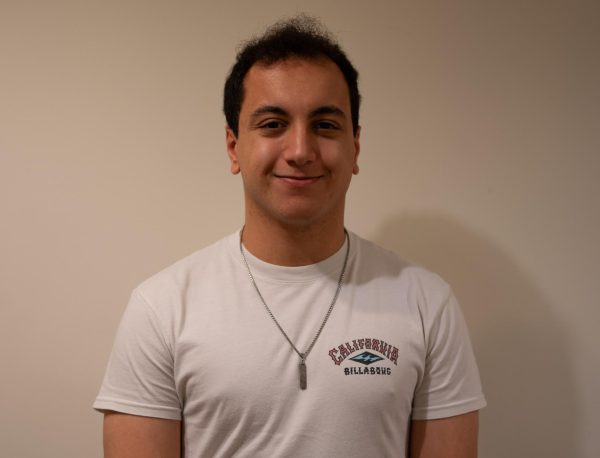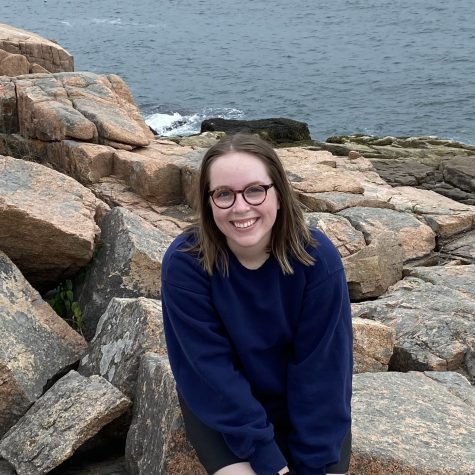2021 Iowa College Media Association award winner, First Place – Best Print/Online News Reporting
Wait times for students wanting Student Health and Wellness (SHAW) mental health services have lagged past a week, at minimum, in recent years, but SHAW is now shifting to fix that.
The Virtual Care Group is Dean of Health and Wellness Terry Mason’s answer to SHAW’s limited accessibility, as it’s able to provide counseling and therapy with an average wait time of 16 minutes or less and with counselors available 24 hours a day, every day of the week. Mason said that the Virtual Care Group is the tool best suited for students who need immediate and continued mental health services.
When SHAW transitioned to remote treatment options during the height of the COVID-19 pandemic, Mason began searching for a more accessible way of giving students a more accessible and rapidly available option for treating their mental health needs. Through this search, he found the Virtual Care Group.
Currently, SHAW only has one part-time counselor and two full-time counselors. With the Virtual Care Group, students have access to more than 1,000 counselors and 20 medical doctors. Through this service, students can select which counselor they would like to meet with based on specializations and experiences.
Mason took the helm at SHAW as Dean of Health and Wellness in February 2020, six weeks before Grinnell College’s campus shut down and students were sent home. After meeting with several individuals and student groups on campus, Mason set his sights on what he saw as SHAW’s most critical problem: student accessibility to mental health resources.
“The thing that I heard was that, you know, the services provided by SHAW were great,” said Mason. “I mean, people appreciated what they got if they got it. So one thing that was really, really clear is that the biggest, the number one complaint was accessibility.”
When the COVID-19 pandemic began to reach its height in March 2020, Grinnell College shut down, and SHAW had to switch to telehealth, its virtual model for treating students’ medical and mental health needs. However, while online, SHAW counselors are only licensed to provide therapy and mental health help to students in Iowa.
So as students who relied on SHAW counseling left Grinnell to return to their hometowns and states, those leaving Iowa suddenly found themselves without regular or consistently available mental health services accessible through the College.
For the limited number of students on campus during the 2020-2021 academic year, SHAW’s online counseling met their needs.
Charles Yung `24 reached out to SHAW’s counseling services in Spring Term 2, and said he was able to meet virtually with a counselor in less than a week.
“I think personally for me they helped,” Yung said. “Just helped me organize my mind a little bit.”
But students who were not on campus last year and those who were moving out at the end of Spring Term 1 and 2 found themselves in a less accommodating position.
So one thing that was really, really clear is that the biggest, the number one complaint was accessibility. – Terry Mason, Dean of Health and Wellness
In the case of one student, SHAW’s telehealth services proved to be crucial in the treatment of their mental health needs, and remaining on campus and in-state was necessary to continue the counseling that they had received after starting classes in January 2021.
The student, who requested to remain anonymous, said they first reached out to SHAW in early February 2021, about one week after they first got to campus. This student was able to begin counseling through SHAW within a week of reaching out and continued counseling their entire time on campus.
“The person at SHAW was very kind and supportive, so that meant a lot,” said the student. “After I went through a certain incident in March, he especially was super supportive and it helped things get better for a few weeks.”
Once Spring 1 began coming to a close, however, the student realized that remaining on campus was their only option for continuing mental health treatment.
“I realized after starting therapy that I would quickly lose it because I am from [out-of-state], and SHAW is only licensed in Iowa,” said the student.
They said that they petitioned to remain on campus for Spring 2, but that this request was not approved by the Division of Student Affairs due to it being filed after the deadline. The student said that despite their SHAW therapist reaching out to DSA and strongly requesting that they be allowed to remain on campus to continue therapy, the petition request was still denied.
“So I was sent home,” the student said.
Since returning home and losing regular access to SHAW’s mental health services, the student said they have relied on less frequent counseling options like MDLive.
“This has been very hard to use because I can only speak with a licensed therapist once every four to six weeks,” the student said. “I don’t know if this happened to anyone else, but I wanted to somehow get this out so that this doesn’t happen to more people.”
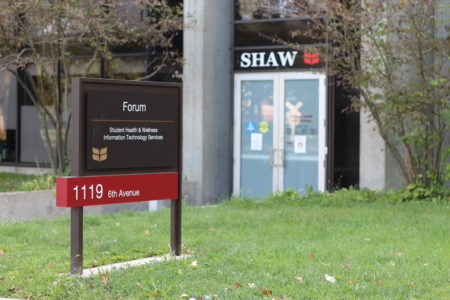
Sarah Moschenross, Vice President of Student Affairs, said that she could not comment on an individual student’s situation for privacy reasons.
“We would take a good look at a holistic picture of the situation … and, yes, SHAW’s expertise would be heavily considered, and their opinion on the matter would be important to the decisions of the committee,” she said about generally handling student mental health matters during the petition review process.
“The people who are doing this work, it’s very emotional work and they do their very best. And they have the best interest of the students in mind and during a really difficult situation. My team did the very best that they can do, and they consulted with experts on campus,” she added
Upon hearing of this student’s experience, Mary Ann Schwindt `24, president of Grinnell College’s chapter of the National Alliance on Mental Illness, said, “Trying to find someone who really helps you and finding that match is very important. I know there are so many other counselors out there, but if this is what’s working for the individual, why would you want to have a detrimental effect on them, right? Trying to keep them as helped as possible is, I feel like, a higher priority or responsibility of the College.”
When asked about student experiences, Mason added, “I trust my colleagues in Student Affairs. They went through a very tough process and made what they thought was the right call.”
With students having fully returned to campus, consistent and readily available access to mental health services and resources is still a problem. Mason said he believes he may have solved it.
“Here’s the reality of the situation,” Mason continued. “We’ll never have enough personal counselors available to really handle the demand if everyone is wanting in-person, individual counseling.”
He stressed that SHAW’s new model was focused on what he called the “spectrum of care.”
“The spectrum goes basically from one end which is having things that the students can engage in themselves, without even a counselor, all the way up to the other end which is ‘we need a counselor on this, right, it’s on that level,’” said Mason.
SHAW has shifted its focus towards treatment options that are not focused on individual counseling. Mason explained that group therapy, the Neolth Stress Management app and the Virtual Care Group were critical in improving SHAW’s accessibility.
“Let’s say a student has a packed schedule, they can’t get in with a counselor at SHAW, they can’t get in between, you know, 9 and 4 o’clock, they can do it on their own time,” Mason said. “It could be anytime: 8 o’clock, 9 o’clock at night, midnight. They wake up at 3 o’clock in the morning and they’re in crisis, they call the need-to-talk number, but that goes right to Virtual Care Group, and there are crisis counselors available for them.”
I realized after starting therapy that I would quickly lose it because I am from [out-of-state], and SHAW is only licensed in Iowa. – Student
Mason said that this service is available to students in all 50 states all year except in June and July. Mason added that the college’s contract with the Virtual Care Group can be extended to cover these months if needed.
“Students will always have the option of seeing a counselor, right now, this moment,” said Mason. “We have more resources now for students, both for physical and mental health, than we have ever had in the history of SHAW, but we have to take advantage of that.”






































































